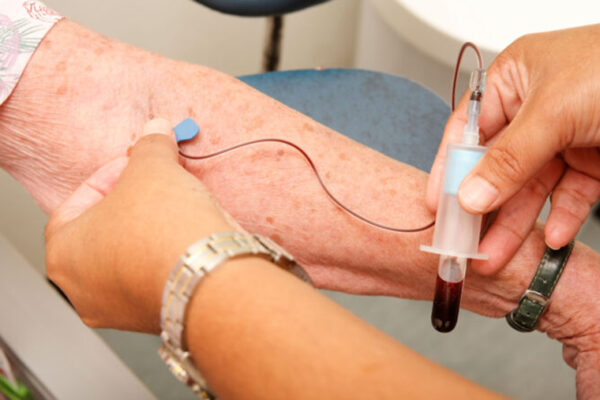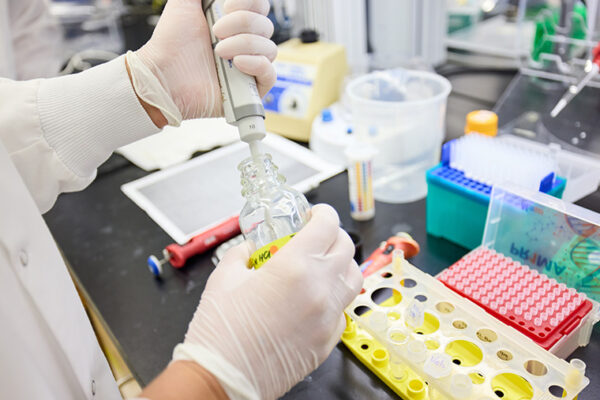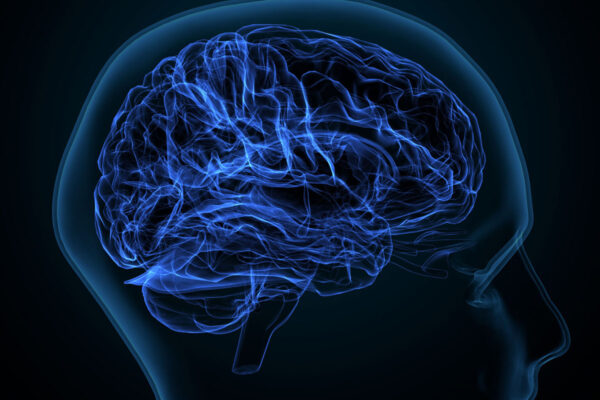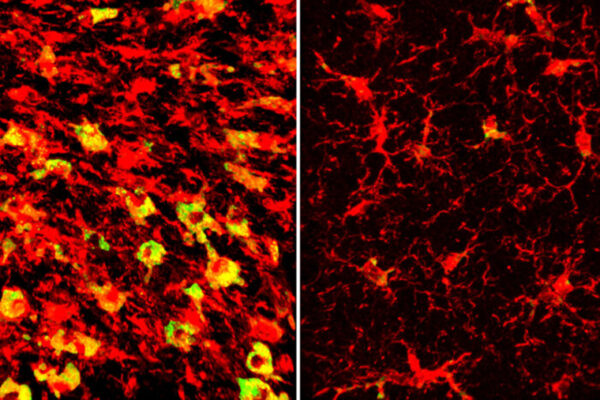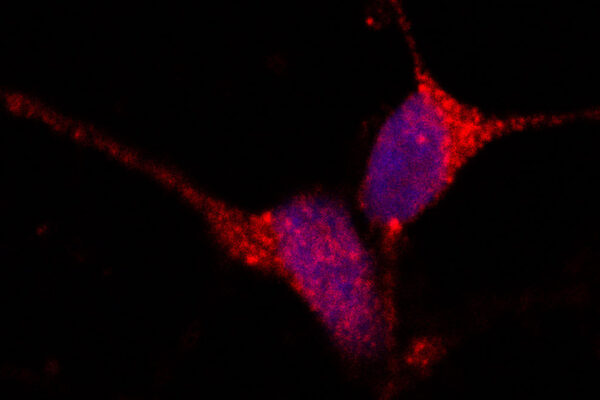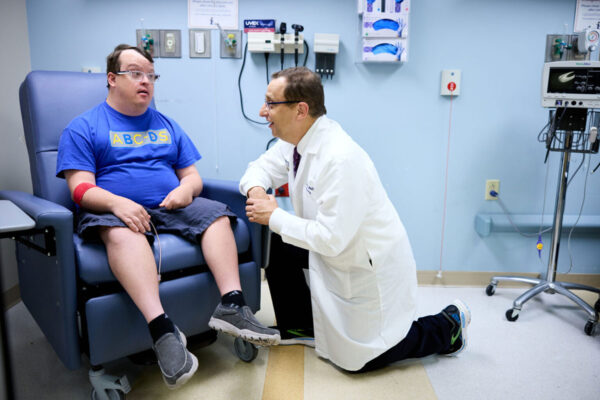Alzheimer’s blood test performs as well as FDA-approved spinal fluid tests
Researchers at Washington University School of Medicine in St. Louis and Lund University in Sweden showed that a blood test is as good at identifying people in early stages of the disease as cerebrospinal fluid tests approved by the Food and Drug Administration for Alzheimer’s diagnosis.
Washington University and Deerfield Management launch VeritaScience to drive drug discovery
Washington University in St. Louis and Deerfield Management, a health-care investment firm, announced the launch of VeritaScience, a new private R&D collaboration designed to advance the discovery, clinical development and commercialization of promising therapeutic and diagnostic candidates with potential to benefit human health.
Smoking causes brain shrinkage
Smoking shrinks the brain and effectively causes premature brain aging, according to a study by researchers at the School of Medicine. The findings help explain why smokers are at high risk of age-related cognitive decline and Alzheimer’s disease.
Clues to preventing Alzheimer’s come from patient who, despite genetics, evaded disease
A woman who never developed Alzheimer’s despite a strong genetic predisposition may hold the key to stopping the disease in its tracks. Researchers at the School of Medicine found clues that could help cut the link between the early, asymptomatic stage and the late stage, when cognitive decline sets in.
Lowering a form of brain cholesterol reduces Alzheimer’s-like damage in mice
Researchers at the School of Medicine have found that a form of cholesterol known as cholesteryl esters builds up in the brains of mice with Alzheimer’s-like disease, and that clearing out the cholesteryl esters helps prevent brain damage and behavioral changes.
Fagan receives lifetime achievement award from Alzheimer’s Association
Anne Fagan, an internationally recognized expert on fluid biomarkers of Alzheimer’s disease and a professor of neurology at the School of Medicine, has been named the 2023 recipient of the Khalid Iqbal Lifetime Achievement Award by the Alzheimer’s Association.
Shedding light on mechanisms behind Alzheimer’s disease
Song Hu at the McKelvey School of Engineering plans to develop deep-brain fiber-optic techniques to investigate the cause of memory loss in Alzheimer’s disease.
How do toxic proteins accumulate in Alzheimer’s and other diseases?
Researchers at the School of Medicine have identified a key step in the development of destructive tau tangles in the brain. The discovery could lead to new approaches to treating a group of neurodegenerative diseases known as tauopathies, such as Alzheimer’s and Parkinson’s.
What to know about the new Alzheimer’s drug Leqembi
The Food and Drug Administration has granted full approval to Leqembi for patients in the early stages of Alzheimer’s disease. The School of Medicine’s Barbara Joy Snider, MD, PhD, answers questions about the drug.
Cognitive function in Down syndrome-associated Alzheimer’s focus of grant
People with Down syndrome are at very high risk of developing Alzheimer’s disease. A project led by Jason Hassenstab, at the School of Medicine, aims to develop tools to measure cognitive function in people with Down syndrome-associated Alzheimer’s disease.
Older Stories
